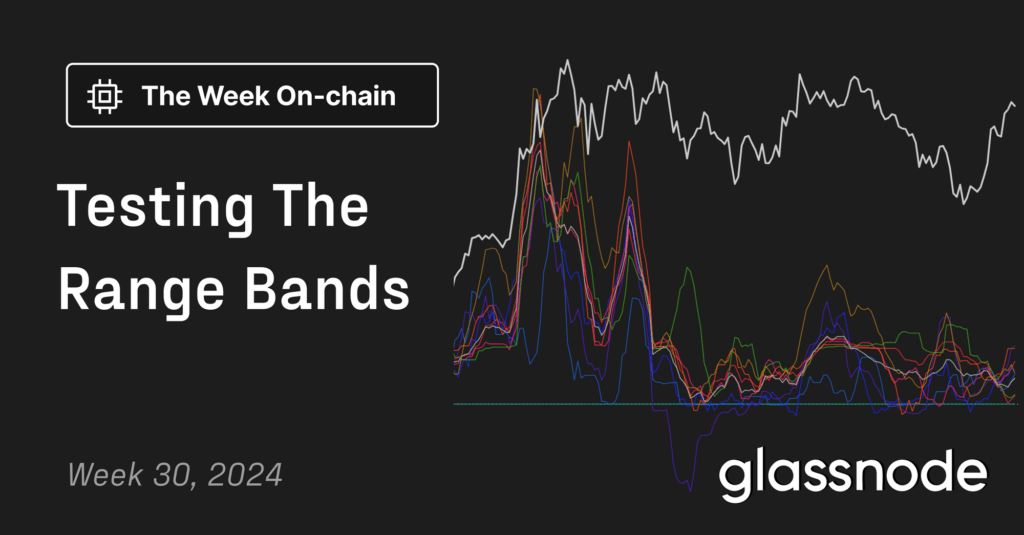Podcast Summary
In this podcast, Michael Howell, CEO of CrossBorder Capital and author of “Capital Wars,” discusses global liquidity, the bull market in risk assets, and the role of central banks. He provides insights into the liquidity conditions of 90 financial systems worldwide, the impact of the Federal Reserve’s quantitative tightening, and the potential for cryptocurrencies as a hedge against monetary inflation.
Key Takeaways
Global Liquidity and Central Banks
- Monitoring Global Liquidity: CrossBorder Capital tracks liquidity conditions in 90 financial systems worldwide, including central banks. The Global Liquidity Index bottomed in October 2022, signaling insufficient liquidity in the treasury markets.
- Role of the Federal Reserve: Despite the narrative of quantitative tightening, the Federal Reserve has been pushing liquidity into the system through various measures. This has resulted in a rise in liquidity by around 12-15%, despite the shrinking of the Federal Reserve’s balance sheet.
Impact of Liquidity on the Stock Market
- Bullish for Equities: Rising liquidity could be bullish for equities, similar to the trend observed in the previous year. The current phase of the market may be rebound, which is favorable for equity investments and risk assets.
- Market Rotation: Different sectors and assets are expected to perform well at different times. The financial sector, particularly banks, is expected to perform well due to a steepening yield curve.
Cryptocurrencies as a Monetary Hedge
- Monetary Inflation Hedge: Traditional safe assets like government bonds may no longer be the ideal risk asset to hedge monetary inflation. Cryptocurrencies like Bitcoin could serve as a new monetary hedge.
- Younger Generations and Cryptocurrencies: The younger generations are seeking monetary hedges in cryptocurrencies today, similar to how they gravitated towards equities as a hedge during the hyperinflation in Weimar Germany after World War I.
China’s Economic Strategy
- Stimulus Measures: China has been injecting a significant amount of liquidity into its markets, which may be contributing to the pickup in Asia-Pacific trade and could spread disinflation to Western economies.
- Real Estate Market and Consumer Consumption: China’s domestic economy is attempting to restore order to the real estate market and stimulate consumer consumption through liquidity injections.
Sentiment Analysis
- Bullish: The podcast presents a bullish sentiment towards the stock market, particularly equities, due to rising liquidity. The guest also expresses a bullish view on cryptocurrencies as a potential hedge against monetary inflation.
- Bearish: There is a bearish sentiment towards traditional safe assets like government bonds as a hedge against monetary inflation. The guest also expresses concerns about the manipulation and distortion of the treasury market by central banks.
- Neutral: The sentiment towards China’s economic strategy is neutral. While the guest acknowledges China’s significant liquidity injections and efforts to stimulate consumer consumption, he also notes the uncertainty surrounding the effectiveness of these measures.













